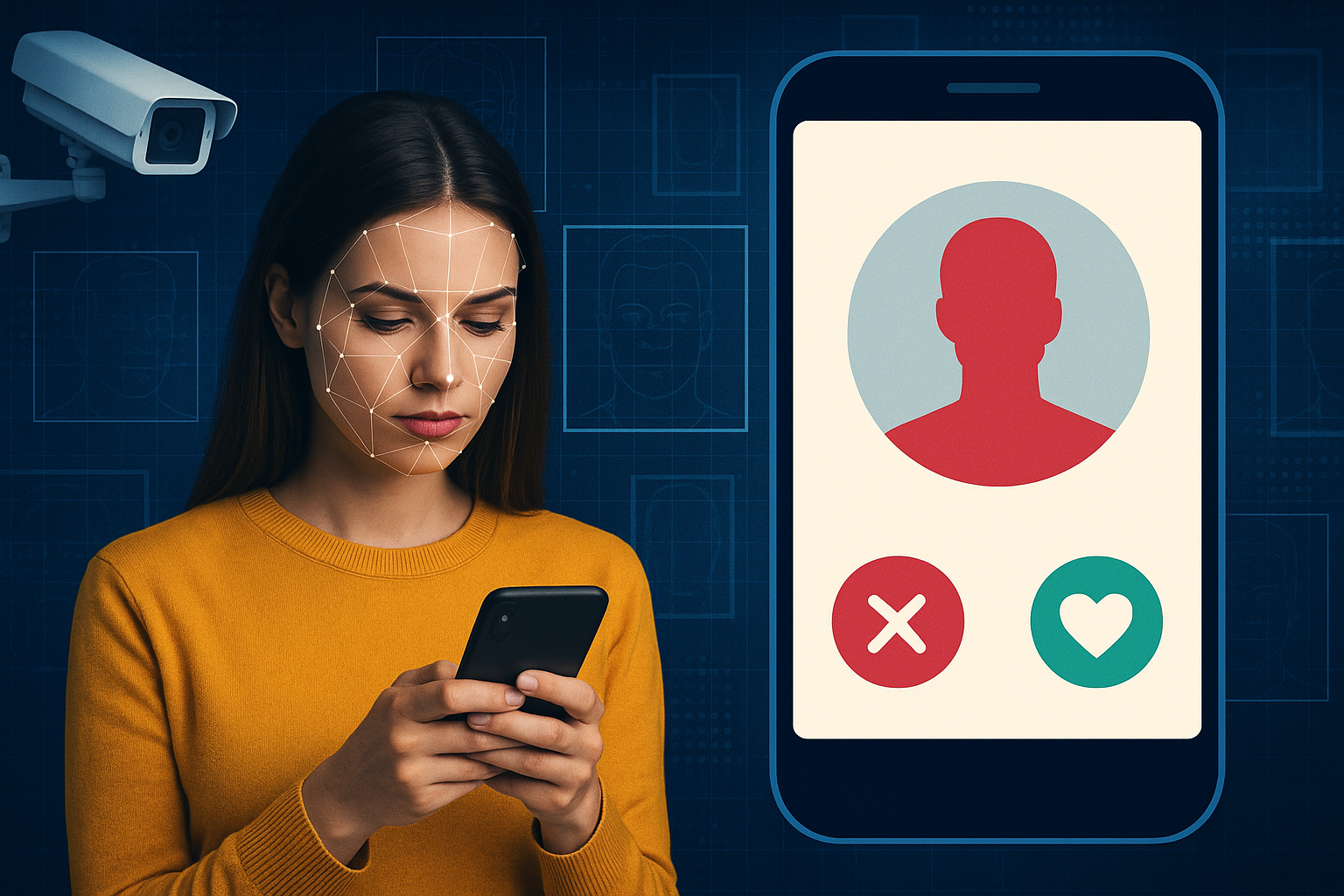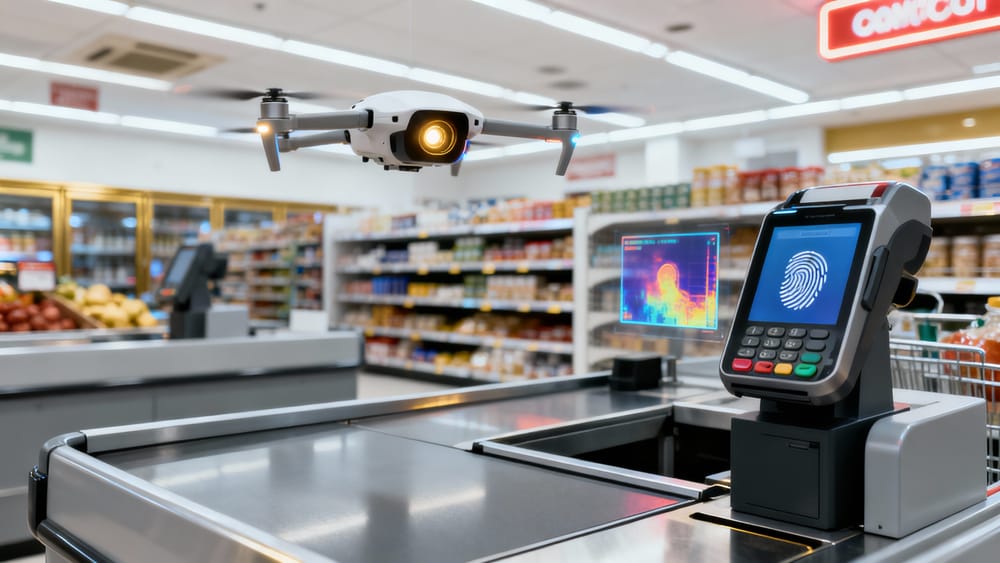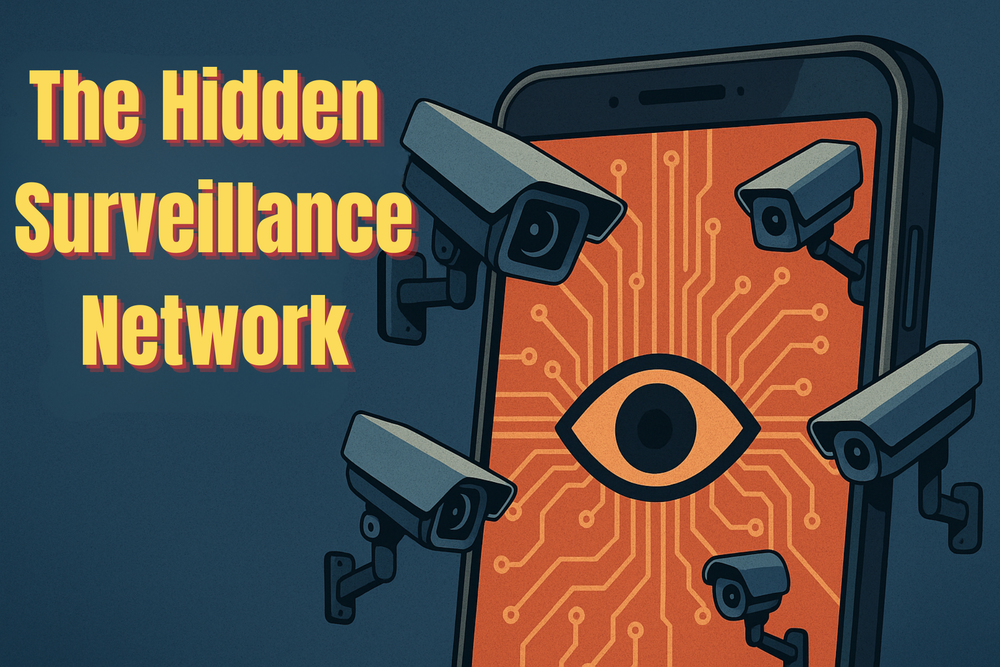How Dating Apps Enable Mass Surveillance
Behind the promise of safer matches lies a booming gray market that turns romantic data into trackable, sellable identity maps.

They promised you could find love with a right swipe. They didn’t tell you your face would become searchable in a global surveillance database.
Imagine someone you once trusted uploading a single photo of you. Within seconds, they uncover your hidden dating profiles, your neighborhood, and even when you were last active.
For abuse survivors, those in discreet relationships, or people living in conservative communities, this isn’t paranoia—it’s a real and dangerous reality enabled by services like Cheaterbuster and SwindlerBuster.
From Dating Profile to Tracking Device
These services rely on facial recognition technology to scan billions of images scraped from dating apps and social media.
A critical 2024 research study analyzed fifteen popular dating apps and found that six of them leaked enough precise location or proximity data to deduce a user’s exact whereabouts [1].
By matching a photo with this leaked data, these third-party sites can effectively pinpoint where a person lives, works, and socializes.
The Safety Feature That Backfired
Dating apps have publicly condemned third-party “cheater-detection” services for scraping user data.
In 2016, Tinder even issued a cease-and-desist against the early version of Cheaterbuster, then known as Swipebuster, arguing it misused publicly available profile data and posed privacy risks to its users.
However, their own architecture facilitates the problem.
Many apps, including Tinder and Bumble, now promote optional or mandatory identity verification, requiring users to submit video selfies or official ID documents.
While framed as a safety feature to combat bots, these measures create vast, centralized repositories of biometric data.
A Pervasive and Unregulated Industry
Privacy advocates have long warned about the dangers of such databases.
Eva Galperin, Director of Cybersecurity at the Electronic Frontier Foundation (EFF), has stated that such technologies “allow intimate partners to be controlled and monitored... This is no longer a theoretical risk, but a consumer product in circulation” [3].
The consequences are severe.
The combination of public facial databases (like that of the controversial company Clearview AI, which was sued under Illinois’ Biometric Information Privacy Act [4]), dating app data leaks, and aggressive marketing has created a perfect storm.
The result is a parallel industry that treats people’s romantic lives as open data, with risks ranging from embarrassment to physical danger.
This erosion of privacy underscores a deeper issue: the trade of genuine human connection for algorithmic convenience.
Protecting oneself requires not only demanding greater accountability from tech platforms but also valuing relationships built on trust rather than digital surveillance.
References:
[1] Research on Dating App Location Leaks
[2] Tinder's Statement on Third-Party Services
[3] Eva Galperin (EFF) on Stalking Software
[4] Clearview AI Lawsuit (BIPA)


